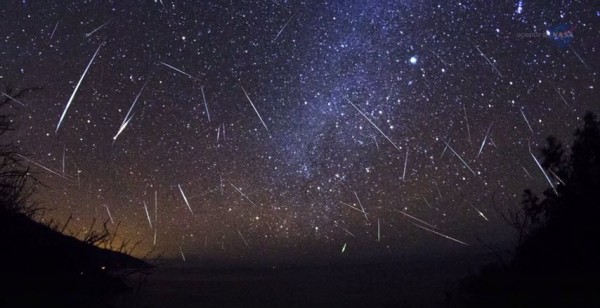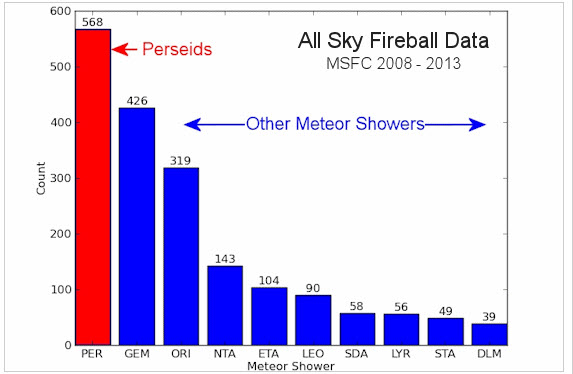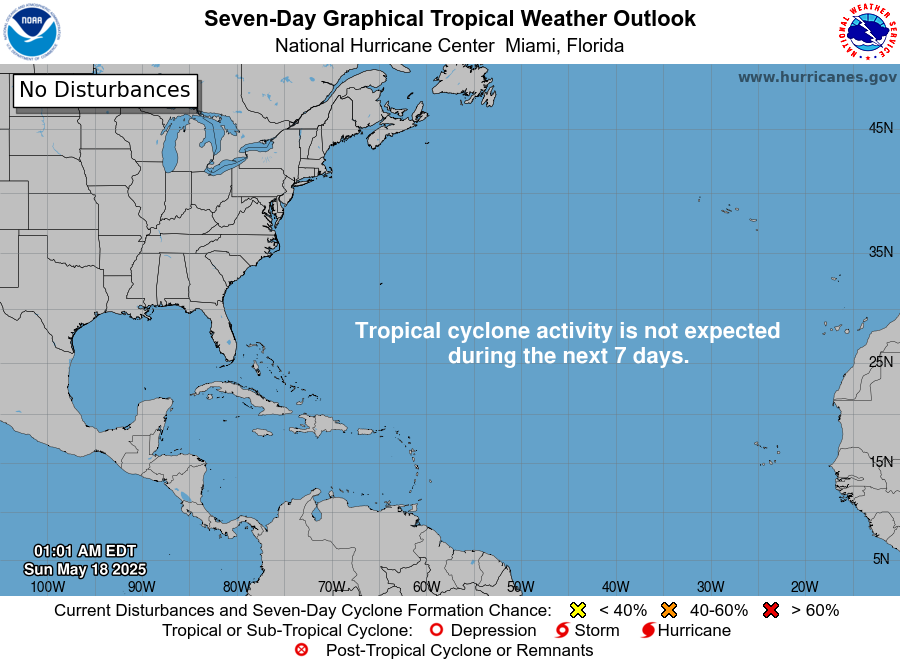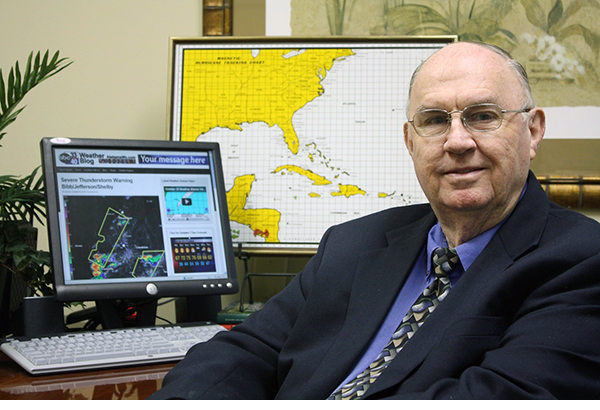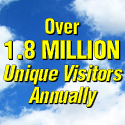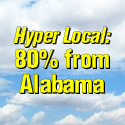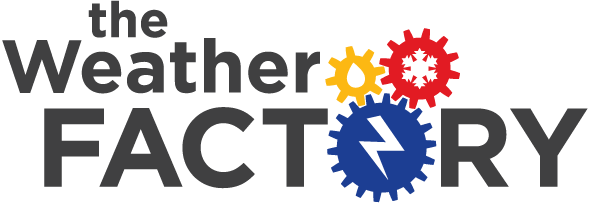Tonight’s Forecast: Clear With a Good Chance of Showers (Meteor Showers)
Every August, we have the opportunity to see the Perseid meteor shower as the earth crosses paths with the Comet Swift-Tuttle. The Perseid meteor shower peaks tonight (August 12) to tomorrow night (August 13).
This year’s event promises to be more spectacular than ever! This year, the showing will happen just before the new moon, making the night skies darker than usual. “If you see one meteor shower this year, make it August’s Perseids or December’s Geminids,” NASA recommends. “The Perseids feature fast and bright meteors that frequently leave trains, and in 2015 there will be no moonlight to upstage the shower.”
The Perseids are named after the constellation Perseus, which is where the meteors appear to originate in the sky. These meteors are actually tiny pieces of debris from the Comet Swift-Tuttle — usually smaller than a piece of sand. As the debris enters the earth’s atmosphere at about 130,000 mph, it disintegrates and creates streaks of light. The Perseid meteor shower “produces more fireballs than any other,” according to Bill Cooke of NASA’s Meteroid Environment Office. Since 2008, the Perseids have produced brighter and significantly more fireballs than any other annual meteor shower.
The best time to see this meteor shower is between 10:30 p.m. and 4:30 a.m., with optimal viewing in the dark hours before sunrise when the constellation Perseus is high in the sky. The number of visible meteors will increase after midnight through the pre-dawn hours. Observers could see up to 100 shooting meteors per hour! Those in rural areas away from urban lights will have the best viewing experience.
The weather will be absolutely perfect for this year’s event here in Alabama. Nearly completely clear skies, with less haze and lower temperatures (falling into the 60s) and relatively low humidity will delight late night star gazers tonight. Tomorrow night will be nearly as good, with just a few more clouds.
Viewing conditions nationally will be generally good from a weather standpoint. Only the Florida Peninsula, Rocky Mountain Region and areas areas immediately along the West Coast and Gulf Coast will have thicker cloud cover. Thursday night will be socked in across the Pacific Northwest, so viewers in places like Seattle and Portland may not get to see the show that night.
If you are unable to get outdoors to see this magical show in person, you can see it on NASA TV or NASA’s UStream channel, as NASA’s Marshall Space Flight Center in Huntsville will broadcast a live program about this year’s Perseid meteor shower from 10 p.m. EDT Wednesday, Aug. 12 to 2 a.m. Thursday, Aug. 13. This may be the best year ever to experience this stellar event!
Category: Headlines



